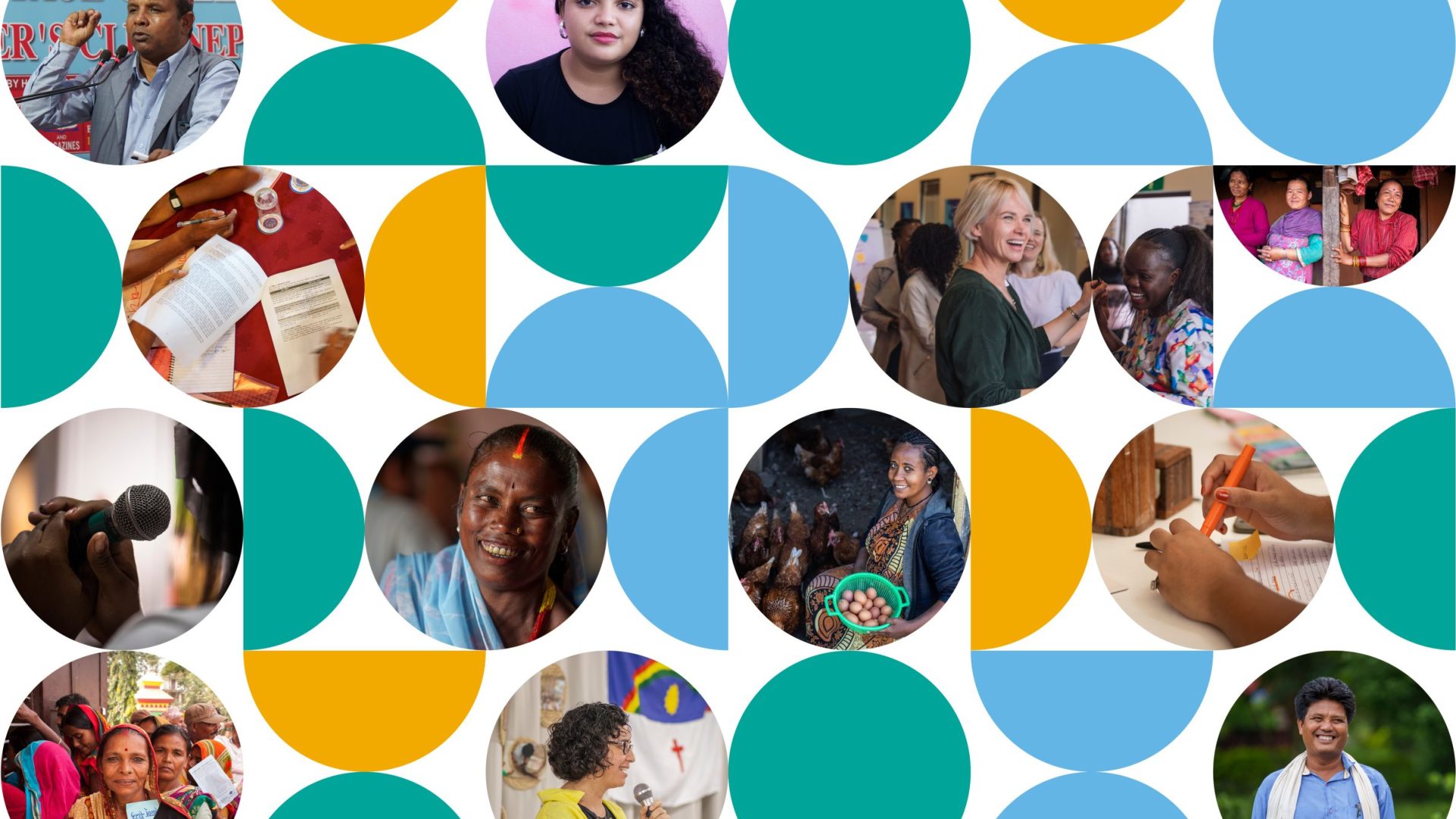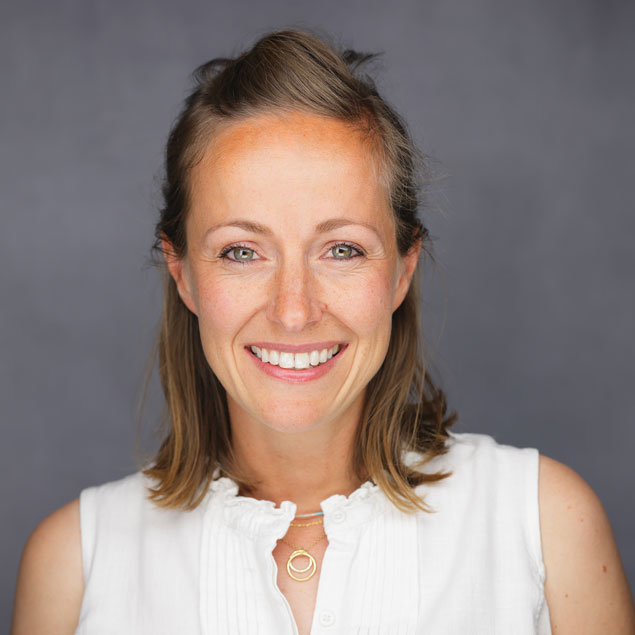
OCAT Guide & Tools
A tool to help frontline organisations identify areas for growth

There are many ways funders can add value beyond a grant. This section offers ways to support deeper, longer-term impact.
The key to effective frontline partnerships is understanding that grantees often have organisational development needs, and that’s okay. In fact, it’s not just frontline organisations with room to grow – it’s all organisations.
Particularly with newer or smaller groups, these needs can feel riskier, but they are normal and inevitable. You can add tremendous value as a donor by offering expertise, connections, tools, trainings or additional funding.
Capacity building is a significant area of investment for the Freedom Fund, as we believe it is one of our core value-adds. Our clustered, hotspot model enables us to deliver this effectively at scale by often bringing together multiple partners at once. Our partners use our Organisational Capacity Assessment Tool (OCAT) every 18 months to self-identify areas of strength and plans for growth.
Frontline organisations are called ‘frontline’ for a reason — they are closest to the issue you care about and on the forefront of movements for change. Acknowledging this is an important mindset to bring into your philanthropy — your support isn’t just for your grantee partners; it has ripple effects between and beyond them.
The main takeaway for funders of all kinds is that supporting the infrastructure needed for effective collaboration and movement-building is worth it. This includes both formal and informal spaces for connection, sharing and solidarity. It could be as simple as letting your grantees know you encourage their participation in spaces like these, providing extra budget, or using your convening power to bring people together.
At the Freedom Fund, strengthening movements is a priority area for investment. We have incorporated support for collaboration within our grants and non-financial support to grantee partners, and we’ve also created funding vehicles and programs that have an explicit movement-building focus.
In each hotspot, we facilitate a community of practice. Local Program Advisors convene partners at least quarterly to build community, strategise and share learnings. Partners frequently tell us how much they value the opportunity to develop relationships and exchange information.
NGO-led coalitions and networks can be powerful platforms for advocacy and coordination. Sometimes we provide grants to help organisations start, formalise or grow coalitions that have shared goals.
We also sometimes host or fund convenings that bring together wider groups of stakeholders (not just our grantees – and sometimes donors are included) to share learnings and strategies on a specific issue, like child domestic work or safer migration.
Freedom Rising is a year-long intensive that brings together frontline leaders, especially those from underrepresented groups including women and survivors of trafficking. The program equips them with the necessary skills and support to lead more effective organisations and build collective power.
Like most thorny issues, we know that when it comes to ending modern slavery, change doesn’t happen through one type of intervention. Complex problems call for complex solutions.
Supporting systems change doesn’t just mean funding organisations thinking beyond the direct impact of their work. It means thinking differently about your understanding of ‘impact’, when you expect to see it, and how you go about measuring it. It means accepting that deep, sustainable change takes time, investment and persistence, and adjusting timelines and other elements of the grantmaking process accordingly.
If you’re a funder who cares about systems change and working with frontline organisations to achieve it, then we strongly recommend you adjust your expectations and grantmaking practices to account for both the messy, unpredictable nature and the enormous potential of systems change.
The Freedom Fund directs most of our funding toward dismantling systems that underpin social issues — tackling root causes rather than symptoms.
We make long-term investments in frontline organisations aiming to shift deeply rooted, entrenched systems of exploitation — knowing that while we may not see the fruits of those efforts in the short-term, they have the potential to affect far more transformative and sustainable change in the long-term. This way we know that when the funding ends, the large-scale change continues.
We’ve also experimented with new ways of quantifying impact to account for people affected indirectly by systems change efforts.

Hannah, Freedom Fund Senior Program ManagerAs a funder, when you are willing to truly listen to community needs - and take the time to observe what’s happening across a system - your program can impact millions of lives.

A tool to help frontline organisations identify areas for growth

Application and due diligence materials for small unrestricted grants

An overview of our fund for survivor-led organisations